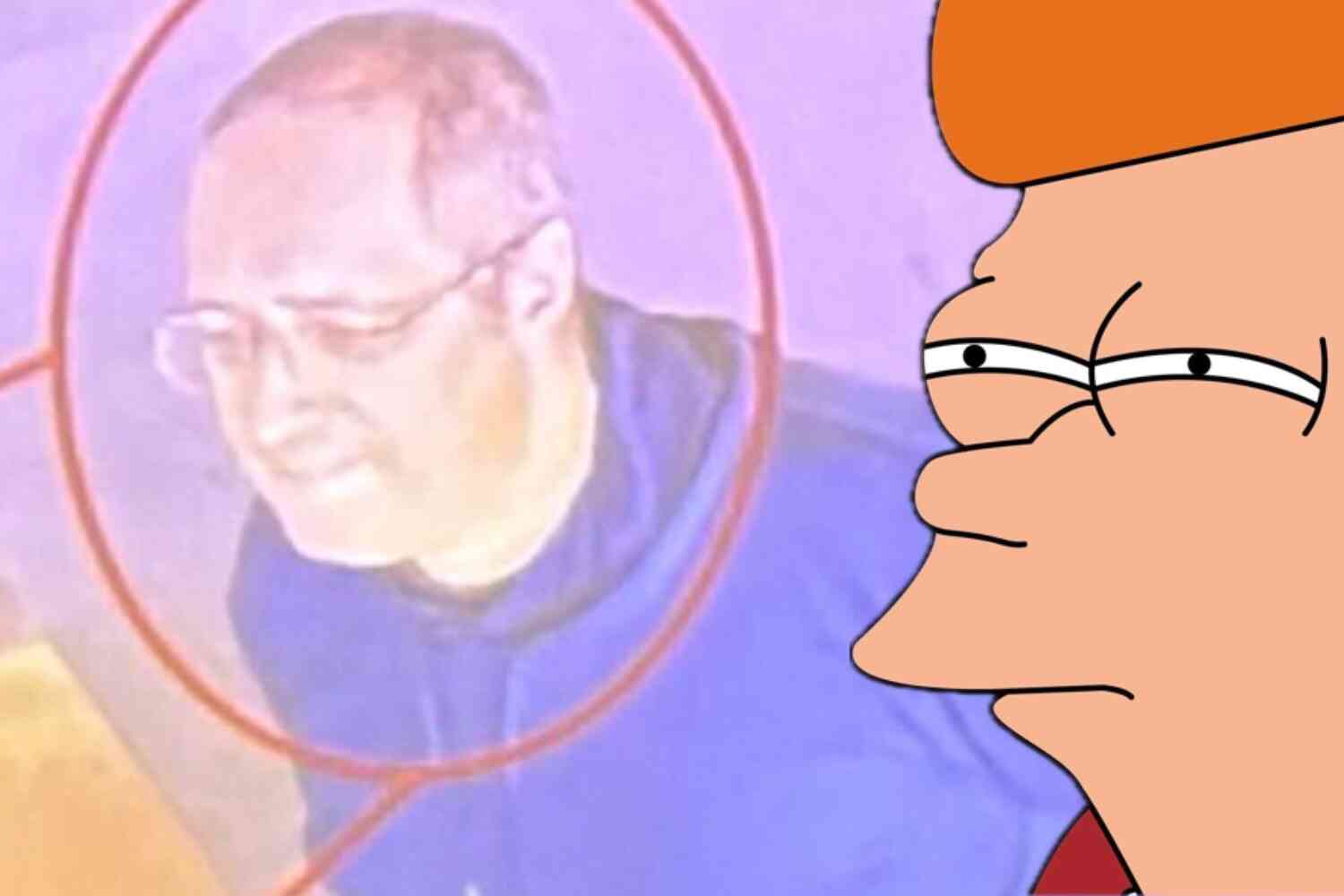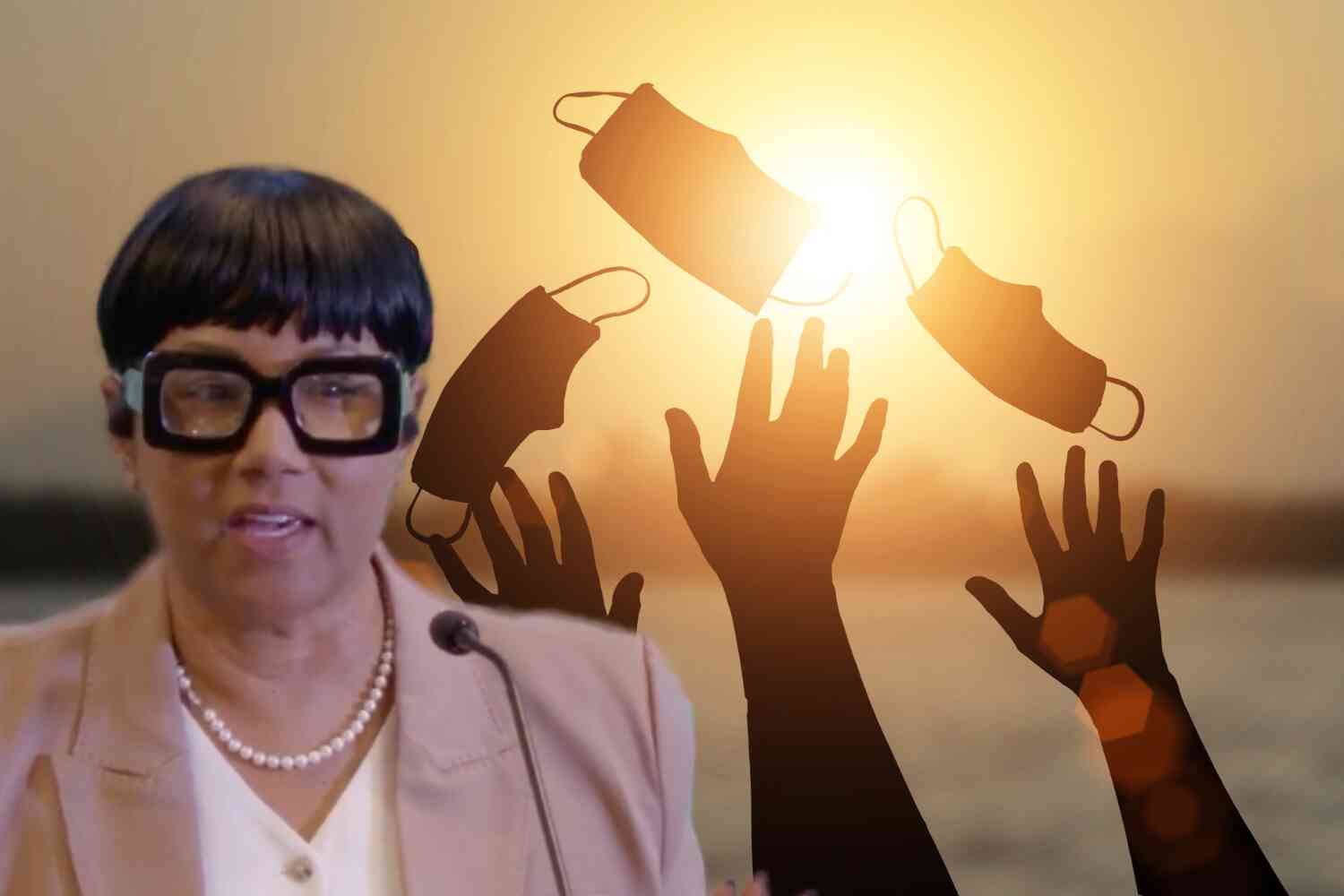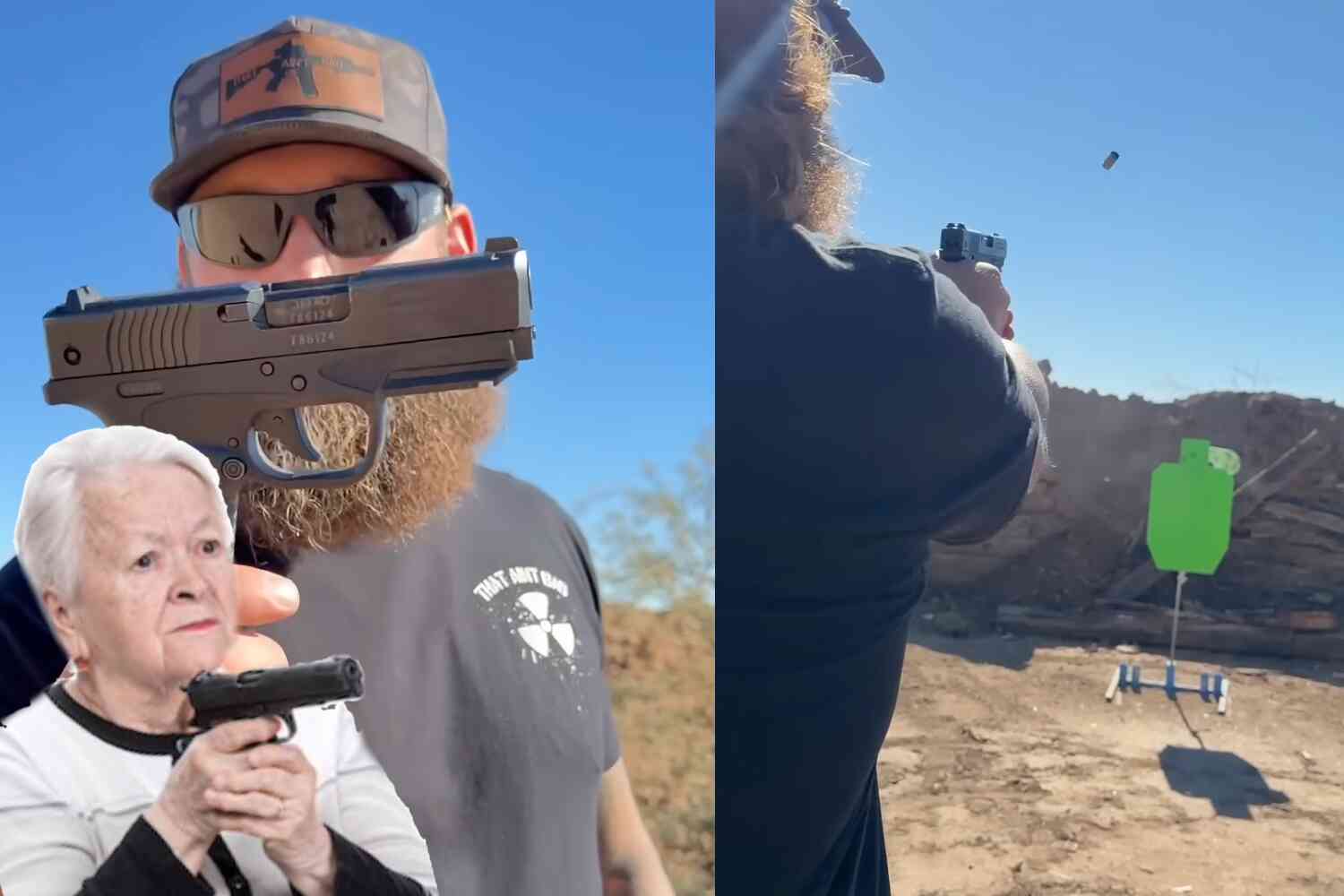Let's all check in on the state of Canada's wonderful socialized healthcare system, shall we?
Well... at least it's free!
Candian doctors, the "do no harm" group are now being instructed to bring up euthanasia, medically assisted suicide, with their patients EVEN IF THE PATIENTS DON'T ASK.
Doctors killing patients at request is a great evil in and of itself, but this just takes it to another level.
In most jurisdictions in the world with legalized euthanasia, doctors are explicitly prohibited, or strongly discouraged from raising assisted dying with a patient.
The request must come from the person.
But a guidance document produced by Canada's providers of medically assisted death states that doctors have a professional obligation to bring up MAID as an option, when it's "medically relevant" and the person is likely eligible, as part of the informed consent process.
So if you're a doctor that does these murder procedures, you are now told that you have to give it as an option if the person is "eligible" for assisted suicide.
Who's eligible, you ask?
Well, in Belgium, for example, a completely healthy person who has suffered severe trauma is eligible to be killed by doctors.
Based on the ever diminishing standards of the culture of death how could ANYONE not be eligible?
More from the story:
But some ethicists argue that introducing death as a "treatment option," without the person suggesting it first, is seriously problematic, especially within the expanding realm of MAID, and that people could be unduly influenced to choose to have their life intentionally ended, given the power dynamics of the doctor-patient relationship.
"Some people, no matter how well-handled your conversation, may infer that it's essentially a suggestion," said University of Toronto bioethicist Kerry Bowman.
Uh yeah, duh.
If you're a person undergoing a lot of pain and trauma and your DOCTOR says "hey, have you ever thought of killing yourself?" that's going to influence your thinking.
MAID (assisted suicide) would never be raised solely, in and of itself, she said, but within the context of discussing "goals of care" and "values clarifications."
"There shouldn't be any ethical tension in bringing up with a patient that has a serious illness, disease, or disability, ‘What are your goals? What are your hopes? What are the things you want done and do not want done?
"'Do you want to move to a nursing home? Do you want to be resuscitated? Do you want CPR? Do you want to be in the intensive care unit?' And within that, ‘Is assistance to die something that is ethically abhorrent to you or acceptable to you? Is that something you want to explore more, or not?'"
Not providing information about MAID in a "timely manner" to someone who might be eligible for MAID can create harm, Trouton's group said.
They want to kill people off. That's what's happening here.
And if you live in Canada, this is because of your wonderful government-run health system paid for by your tax dollars.
But hey, if they euthanize enough people then you'll save money in the long run at least.
That's also the game being played here.
This is the actual policy in Canada.
The expansion of MAID to those not at imminent risk of dying adds another layer of complexity and debate, he said. "I also see it as very problematic when we bring (MAID) up to people who can't pay the rent, or people who are living with disability who don't have adequate access to the things that they need," Bowman said.
Within the mental illness context, "imagine what this means," said Trudo Lemmens, a professor of health law and policy at the University of Toronto.
"You have a person who is severely depressed where the nature of the illness is often accompanied by a desire to die. The person takes a step to go and see a mental health counsellor to get help, and is being told, as part of the informed consent procedure, we can have treatment a, b, c or MAID."
You don't have to be on death's door to be euthanized in Canada. If you have mental anguish, if you struggle with a disability, if you're suffering from depression your doctor now has to give you the option that he could kill you.
The culture of death continues on its march across mainstream culture.









